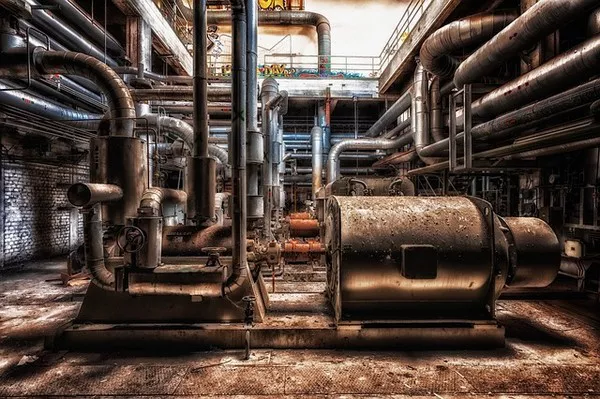The Indonesian Olefin, Aromatic, and Plastic Industry Association (Inaplas) has disclosed that significant investments in the plastic industry, amounting to US$27.08 billion (Rp439 trillion), have been postponed following the implementation of Ministry of Trade Regulation No. 8/2024. This regulation has been met with concern from industry leaders, who argue that it further hampers the already declining aromatic industry.
According to the Ministry of Industry, total investments projected for the plastic industry were anticipated to reach US$31.41 billion through six projects by 2030. However, due to the regulatory changes, it is now expected that only US$4.3 billion of these investments will materialize by the end of the decade.
Currently, only two projects have proceeded despite the regulatory challenges. PT Lotte Chemical Indonesia has invested US$4 billion with a production target set for 2025. Additionally, Pertamina, in partnership with PT Polytama Propindo, has invested US$322 million with production planned for 2027.
Fajar Budiono, Secretary-General of Inaplas, highlighted that PT Chandra Asri Pacific has altered its plans to focus on a chlor-alkali plant instead of expanding into petrochemical products. Initially, Chandra Asri intended to invest US$5 billion in a new plant capable of producing 300,000 tons of polypropylene and 450,000 tons of polyethylene by 2029. However, these plans have been halted due to the regulatory environment, which has made capacity expansion investments less appealing.
The impact of Regulation No. 8/2024 extends beyond the plastic industry, affecting the polyester sector as well. Fajar noted that the regulation has exacerbated challenges in the polyester industry, leading to a drop in utilization rates from 90 percent at the end of 2023 to 63 percent expected by the end of this year. This decline is attributed to reduced demand from the yarn and fabric sectors, compounded by increased imports flooding the domestic market.
Inaplas has expressed concerns that the new regulation favors imports of petrochemical products, further complicating the domestic industrial landscape and hindering the growth and competitiveness of local producers.
Looking ahead, industry stakeholders are closely monitoring the situation, with hopes for regulatory adjustments that support local production and investment in Indonesia’s strategic industries.
For more information on these developments and ongoing industry updates, stakeholders are encouraged to stay informed through Inaplas and relevant government announcements.

